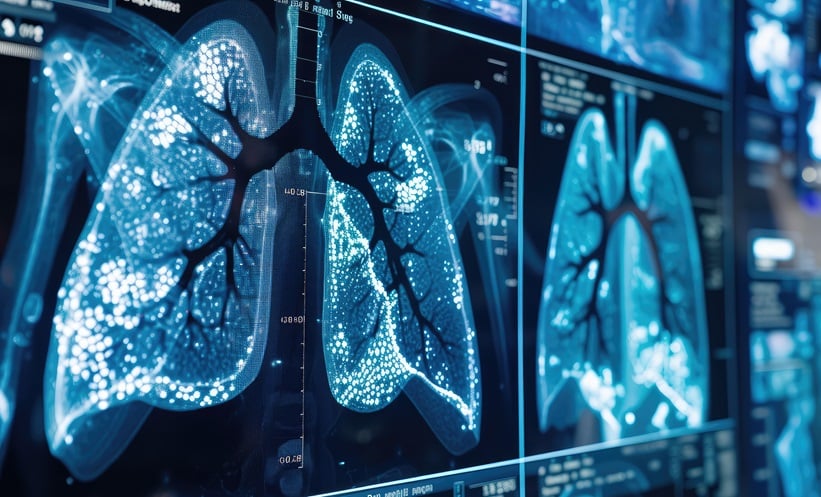BACKGROUND AND AIM
Coronavirus disease (COVID-19) has spread rapidly worldwide, with health services adapting to limit the potential spread and to manage the potential consequences of the novel virus on populations. Healthcare workers have had to increase infection control procedures and alter work practices to safeguard both patients and staff, while radiographers are among the first-line health professionals to come into contact with suspected positive and confirmed positive patients.1 Each imaging examination requires direct patient contact and increases the radiographer’s potential exposure to the virus.
This research established the early response of radiographers in Ireland to the COVID-19 pandemic. This examined personal protective equipment availabilities, inadvertent exposures to COVID-19, changes to workloads and infection control practices, and radiographers’ mental health concerns, among other areas of interest.
METHODS
The occupational and psychological consequences on radiographers were established through means of a two-stage questionnaire distributed 6 weeks apart. The questionnaires collated radiographers’ experiences during the initial COVID-19 response in Ireland (March 2020) with those during the ending of initial emergency measures in Ireland (May 2020). Results were analysed using descriptive statistics and thematic analysis.
RESULTS
From the questionnaires, 646 responses were received, corresponding to 16% of radiographers in Ireland,2 with all six Irish health regions represented. The majority of radiographers (77%) reported having adequate personal protective equipment when needed; however, by May 2020 almost one-half (45%) were inadvertently exposed to patients positive for COVID-19. COVID-19 exposure was largely attributed to poor communication and testing and only 8% of those who had been inadvertently exposed were subsequently tested for COVID-19. A vast majority (93%) of radiographers expressed confidence in their infection control practices, though 56% reported difficulty in keeping informed on changing protocols. Anxiety levels related to the COVID-19 crisis showed a substantial decline throughout the 6-week period, though extreme anxiety and distress were noted in responses from both surveys. Reports of extreme anxiety reduced from 22% in March 2020 to 5% in May 2020. Several radiographers (40%) self-reported burnout, with 30% considering changing career or taking early retirement since the onset of the pandemic. Listed causes of anxiety included poor communication, social discomfort experienced by partners, childcare concerns, and the infection risk from colleagues. Many radiographers praised the ‘pod system’ (team-working based on shift patterns). Up to 30% of radiographers felt more valued as a team member since the onset of the pandemic, though many radiographers felt under-valued and under-appreciated in the workplace.
CONCLUSION
Clear communication regarding changing protocols and patients’ infectious status is essential to safeguard healthcare workers and to avoid inducing unnecessary anxiety and distress. Attention must be paid to burnout and to radiographer mental health to avoid long-term negative consequences of the COVID-19 pandemic on radiographers and radiography services. ■








